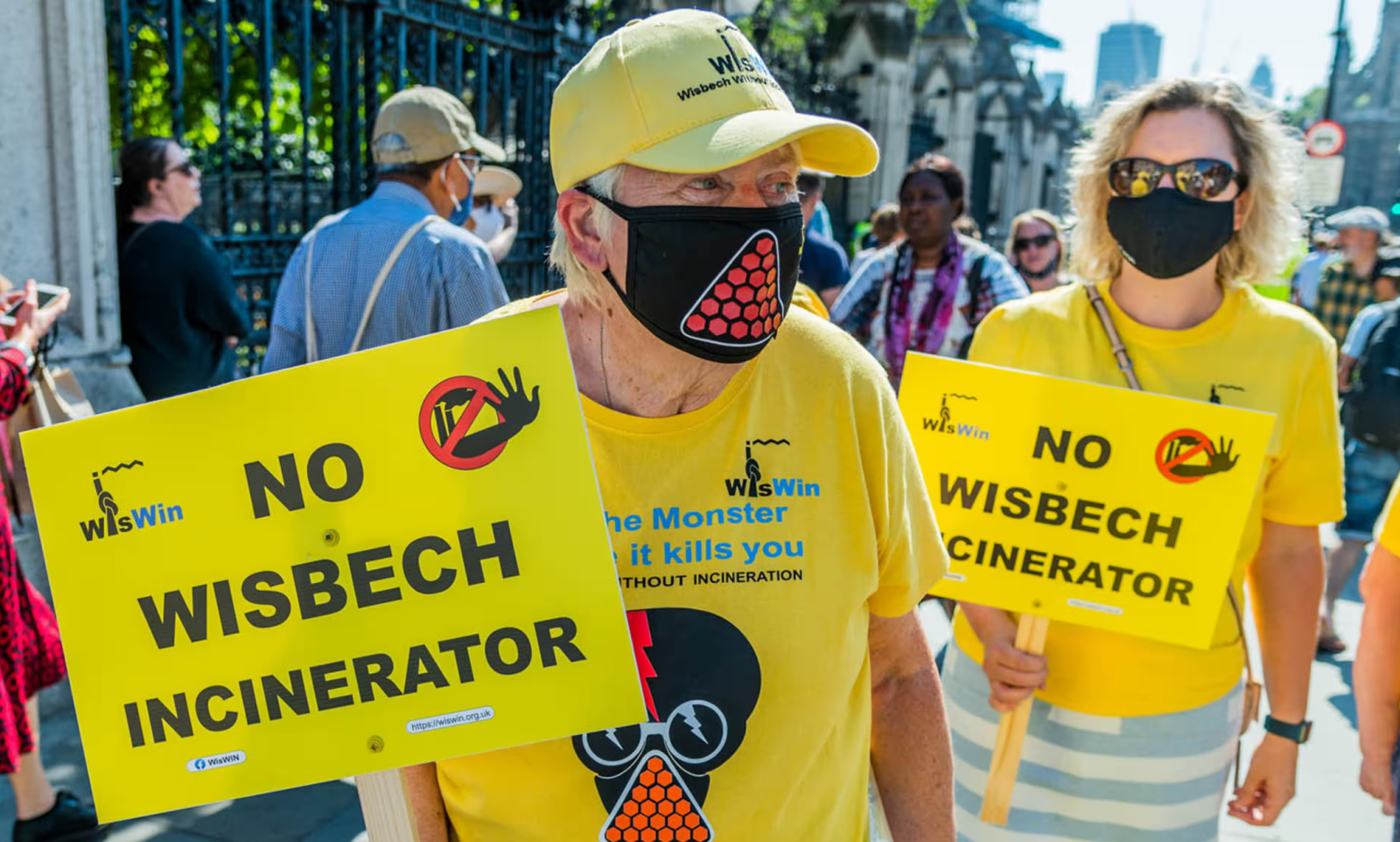
Expanding Incineration Capacity
The UK already has around 50 waste incinerators, with plans to add 41 more—27 of which have environmental permits, and several are under construction. Some plants can burn over 500,000 tonnes of rubbish annually. Campaigners fear this expansion contradicts Labour's circular economy ambitions, which aim to prioritize recycling and reduce waste.
In 2022–23, nearly half (49%) of England's council-collected waste—12.1 million tonnes—was incinerated. Experts warn this figure will surpass 50% with the new incinerators, locking the country into a high-carbon waste disposal model.
Environmental and Health Impacts
Incineration, often branded as "green energy," faces accusations of greenwashing. Burning waste, especially plastics, emits significant greenhouse gases, with studies equating its carbon output per energy unit to that of coal. Scotland and Wales have banned new incinerators, citing environmental harm, while England continues approving projects despite rising public concern.
Shlomo Dowen of the UK Without Incineration Network highlighted the dual threat of greenhouse gas emissions and health risks from pollutants. He argued that incinerators destroy recyclable materials and jeopardize public health without justification.
Communities Fight Back
Opposition is mounting in areas like Dorset, Teesside, and Cambridgeshire, where large-scale projects have been approved despite strong local resistance. Campaigners, including Olympic athletes in Dorset, cite air quality, carbon emissions, and increased traffic as critical concerns. A proposed £150m incinerator near the Jurassic Coast has sparked particular outrage, with Dorset council seeking legal reviews of its approval.
Virginia Bucknor, a campaigner against an incinerator in Cambridgeshire, warned of catastrophic consequences from hundreds of additional lorry movements weekly. She criticized the lack of local infrastructure to support the development.
Government's Role and Response
The government is expected to announce new restrictions on waste incineration soon, responding to growing public outcry. While officials argue that energy-from-waste plants reduce landfill reliance and provide 3% of the UK's energy, campaigners insist these benefits are outweighed by environmental and social costs.
The Department for Environment, Food and Rural Affairs reiterated its commitment to a circular economy and strict emission controls for incinerators. However, critics, including councillors and environmentalists, question whether Labour's actions align with its net-zero goals.
With pressure mounting, the government faces tough decisions on whether to revoke permits for unbuilt projects and prevent future incinerators. For now, communities across the UK continue to challenge what they see as a harmful legacy for the environment and public health